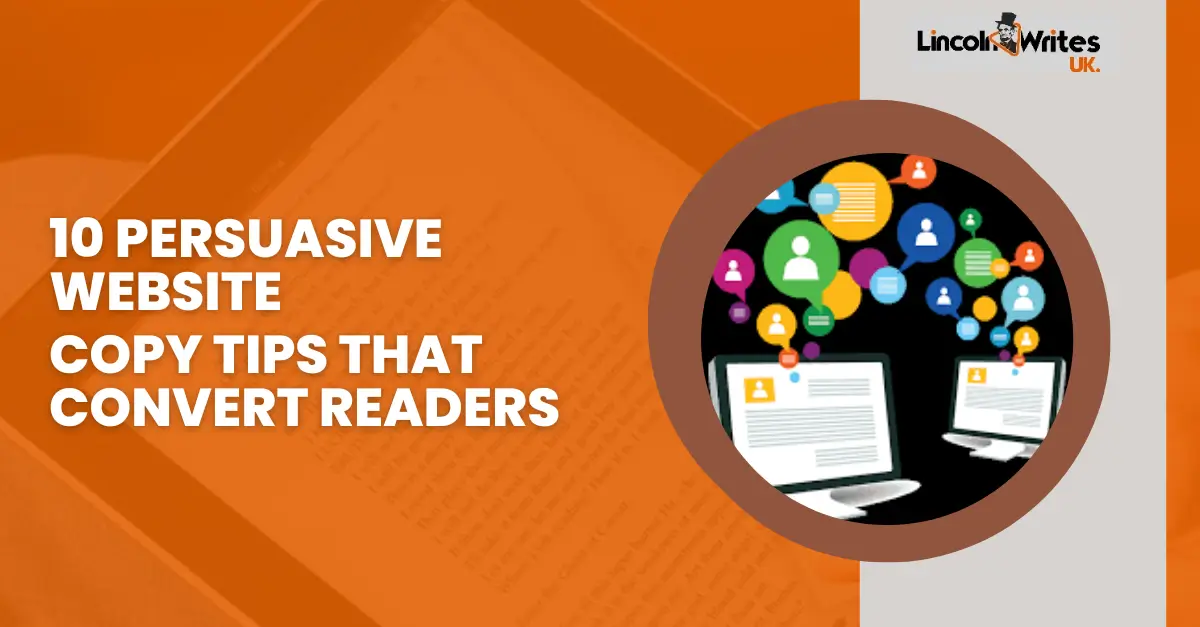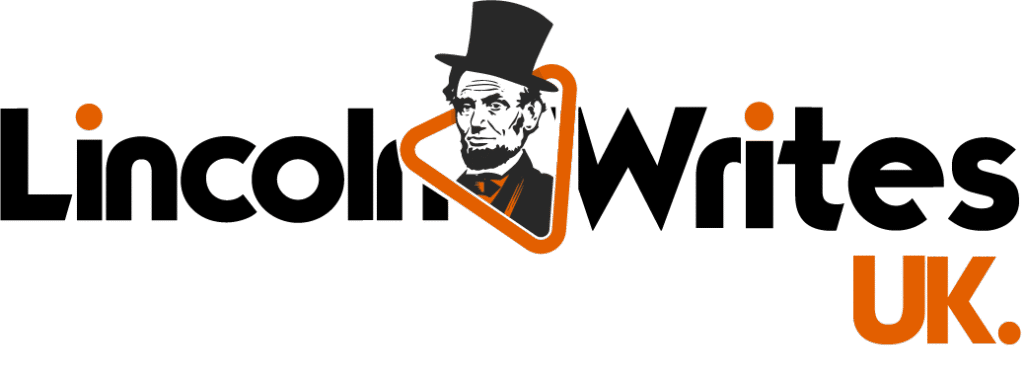If you’ve ever clicked away from a website because it felt flat, confusing, or overly salesy, you already understand the value of a good copy. Your website isn’t just a digital placeholder. It’s your brand’s voice, pitch, and handshake all in one. That’s why mastering persuasive website copy tips is more than a nice-to-have. It’s essential.
Whether you’re selling books, services, or simply telling your story, persuasive website copy helps you build trust, convert readers into customers, and solidify your message. And if you’re not sure where to start, or don’t have time to finesse every sentence, professional copywriting services exist to take the weight off your shoulders.
Here are 10 essential tips to craft website copy that works hard for your brand, without sounding like it’s trying too hard.
Know Your Audience (Like, Really Know Them)
The foundation of any persuasive writing? Understanding who you’re talking to. Before you type a single word, get clear on your reader’s needs, goals, pain points, and language.
What keeps them up at night? What are they searching for? What questions do they need answered?
If you’re building a site as part of your author platform building, for instance, your readers might be looking for your next book, blog content, or speaking events. If you’re offering products or consulting, tailor the tone and message accordingly.
Start with a Strong Hook
You’ve got a few seconds, maybe less, to keep someone from bouncing off your page. Open with a sentence that speaks directly to their needs or desires.
Avoid generic intros like “Welcome to my site.” Instead, lead with something that answers their unspoken question: “What’s in it for me?”
This approach works whether you’re writing about memoir vs biography, promoting a ghostwriting contract, or offering creative services. Make your first sentence count.
Keep It Simple, But Punchy
You don’t need to use big words to sound professional. Clear, concise language is far more persuasive. Write like you’re talking to a smart friend, conversational, confident, and jargon-free.
Break up paragraphs for readability, use headers, and avoid clutter. A well-structured homepage is as important as knowing the difference between line editing and copyediting in the publishing world. It keeps things clean and easy to follow.
Use Benefit-Driven Language
Features describe what something is. Benefits explain why it matters.
Instead of saying, “We offer blog management,” say, “We help you attract loyal readers with consistent, high-quality content.” That benefit speaks to the outcome.
This is key if you’re selling services, writing books, or developing digital products around your content strategy for your brand. What does your offering allow people to achieve?
Show, Don’t Tell
Don’t just say you’re the best, prove it. Use testimonials, case studies, examples, or even data. Data-driven article writing adds credibility to your claims and gives sceptical visitors a reason to stick around.
If you’re using storytelling to promote a personal brand, an excerpt from your writing or a visual showcase of your work, especially if you collaborate with a children’s book illustrator, can be just as persuasive as stats.
Write Killer Calls to Action (CTAs)
Every page on your site should have a clear next step. Whether it’s “Download the guide,” “Book a free consultation,” or “Join the newsletter,” your CTA should stand out and speak directly to what the reader wants.
Place them where it makes sense: after valuable information, near sign-up forms, or at the bottom of key landing pages. A good CTA doesn’t shout, it guides.
Stay On-Brand, Always
Your brand voice should be consistent across every page. Whether it’s quirky, heartfelt, polished, or bold, your tone should match your values and your audience’s expectations.
This consistency builds trust and makes your website feel like a cohesive experience. Much like a well-planned autobiography structure, it helps readers understand and connect with the journey you’re presenting.
Use SEO Strategically (But Don’t Force It)
Yes, keywords matter, but stuffing your page with them will do more harm than good. Think quality over quantity. Focus on natural language, structure your content well, and include meta titles and descriptions that reflect the value of your content.
This applies whether you’re writing landing pages, product descriptions, or high-value evergreen blog topics designed to bring long-term traffic.
Address Objections Before They Arise
Great copy anticipates questions and answers them before the reader even has to ask.
- Worried about pricing? Offer a transparent breakdown.
- Concerned about the timeline? Share your process.
- Not sure if your services apply to them? Clarify who it’s for.
If you’re offering ghostwriting, for instance, reassure visitors by explaining how a ghostwriting contract works and how you’ll maintain their voice. If you’re helping someone choose a ghostwriter UK, address trust and confidentiality up front.
Revisit and Refresh Often
Your website isn’t a one-and-done project. As your business evolves, your content should too.
Refresh CTAs, update stats, and refine your message. If your new services include book royalties, UK tracking, or business plan components, or startup consulting, make sure they’re listed clearly.
Update links, check for typos, and rotate blog posts to feature fresh perspectives and current offerings. A site that evolves signals a business that’s active and responsive.
Final Thoughts
These persuasive website copy tips aren’t just for copywriters. They’re for authors, creatives, business owners, and anyone with a message to share. Your website should work for you, converting curious visitors into engaged clients or loyal readers.
And if writing just isn’t your thing, or you want to make sure your message lands just right, professional copywriting services can help. At Lincoln Writes UK, we craft smart, on-brand, conversion-focused copy that speaks directly to your ideal audience.
Whether you’re promoting a new book, launching a service, or showcasing your legacy project, strong copy bridges the gap between what you offer and what your audience needs.


